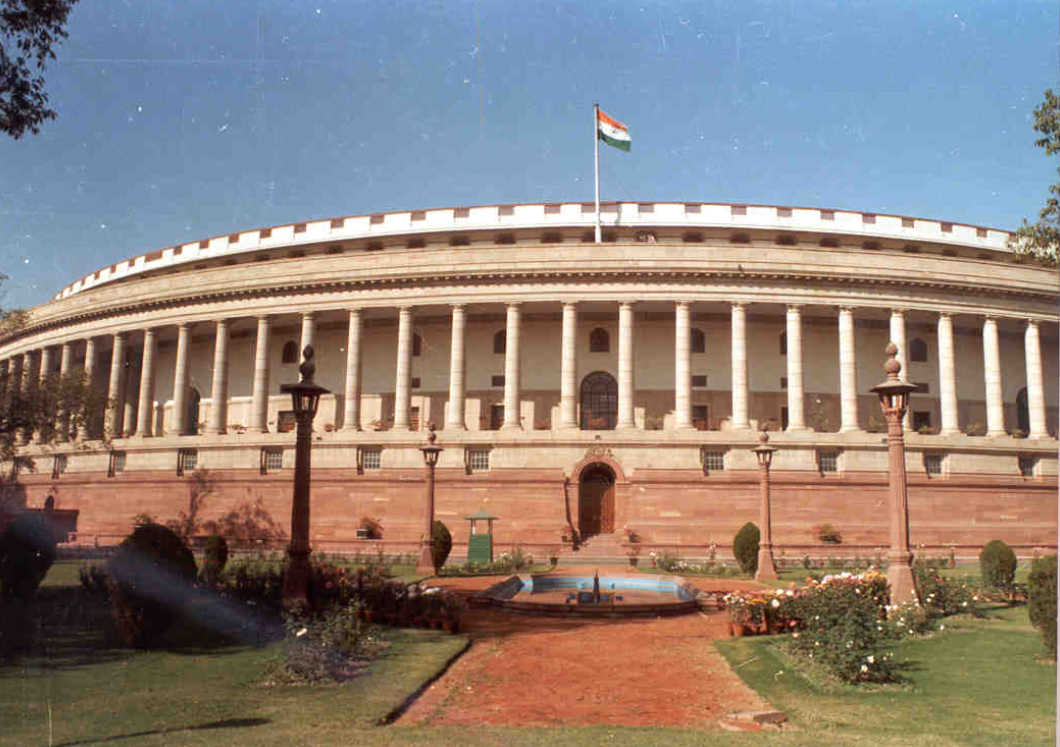The lower house of India’s parliament has given its seal of approval to crucial amendments in a bill aimed at streamlining data storage, processing, and transfer standards for leading Big Tech corporations. The approval came on August 7, according to a report by Bloomberg.
Bill’s Scope: Easing Data Compliance for Global Tech Giants
The recently proposed Digital Personal Data Protection Bill 2023 holds the promise of easing a range of compliance regulations. These will be applicable to major global tech entities. The entities include Google, Meta (formerly Facebook), Microsoft, and local firms that are eyeing international expansion.
One of the most noteworthy aspects of this legislation is that it grants companies the authority to export data originating from India. The only exception is when such transfers are prohibited by the government. This step is poised to smoothen the way for efficient cross-border data exchange.
Data Collection Consent and Reduced Compliance Burden
Under the current provisions of the bill, government consent is a prerequisite for Big Tech firms to gather personal data. Additionally, the bill restricts these companies from utilizing the collected data for purposes not explicitly mentioned in the contract. This includes activities like the anonymization of personal data for AI training applications.

The proposed updates to the bill stand to alleviate the compliance obligations imposed on companies. Nevertheless, it’s important to note that the bill must yet pass through the upper parliamentary house before becoming law.
Given India’s position as the world’s most populous country, boasting billions of internet users, it holds a pivotal role as a growth market for the tech industry.
Global Regulatory Concerns over Data and AI Privacy Misuse
Furthermore, regulators worldwide have been increasingly focusing on the issue of data misuse within the burgeoning tech sector. This is particularly concerning the practices of Big Tech corporations.
Additionally, the rapid democratization of AI tools for the general populace has raised substantial concerns among regulatory bodies. This is especially regarding the manner in which these tools gather and leverage user data.
India is reportedly engaged in a collaborative effort with the administration of US President Joe Biden to establish a comprehensive international framework for AI regulation.
Addressing Data Concerns: The Case of Worldcoin
Amidst the unfolding tech landscape, one development that has stirred concerns related to data collection is the introduction of the decentralized digital identity verification protocol known as Worldcoin.
Worldcoin’s deployment of 1,500 iris-scanning Orbs across various countries has drawn attention to data privacy issues. Within India, two such Orbs are operational – one in the northern city of Delhi and the other in the southern city of Bangalore, according to Worldcoin’s records.
Read More:
Approval for Burning 800 Million Terra Luna Classic Tokens – Could USTC and LUNC Reach $1?

